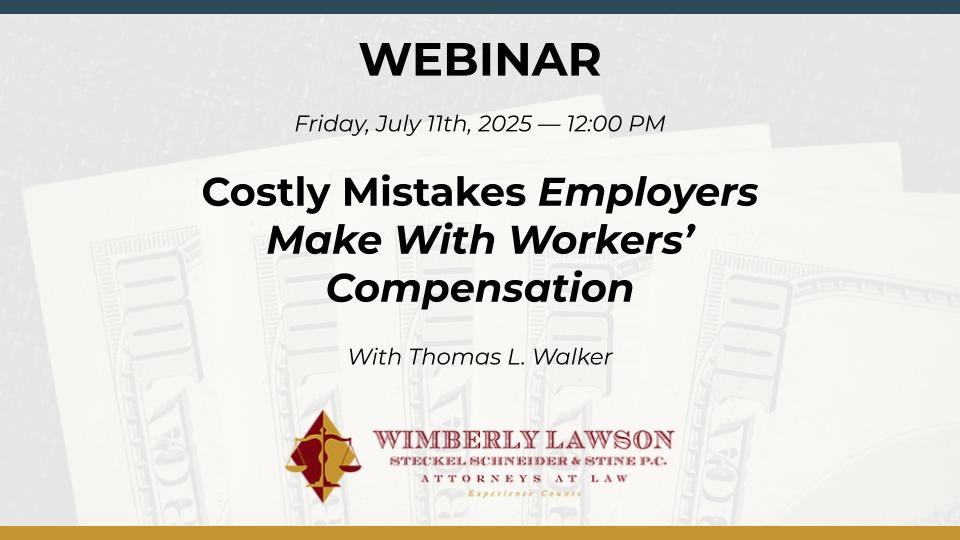CONCEPT OF DISPARATE TREATMENT EXAMINED CONCERNING APPLICATION OF ATTENDANCE RULES AND OTHERS COMMITTING SIMILAR OFFENSE
A recent case illustrates important principles concerning whether an employer has equally applied its attendance policies, as well as its other work rules. Watkins v. EFP, LLC, 125 FEP Cases 1756 (N.D. Ala. 2014). The African-American plaintiff first contended that the employer treated him differently than a similarly-situated white employee when he was suspended for attendance. The facts did reveal that the white employee had accumulated more points and he had not been suspended. However, the court examined other facts which revealed that employees must be present at work to receive discipline. That is, past practice indicated that employees must receive the next step of attendance discipline upon returning to work, even if having accrued sufficient points to receive a higher level of discipline. For example, if an employee previously received a verbal warning, and then was absent for three days, upon his return to work he would receive a higher level of points, but would only receive a written warning, the next level of discipline, and not a suspension. Thus, the court found that there was no evidence that the employer did not follow its attendance policy, progressive discipline, or established past practice when suspending the plaintiff after his third attendance occurrence.
The plaintiff next contended that his discharge was discriminatory when he was terminated for ignoring the rule pertaining to stacking bundles. The plaintiff produced testimony from two other employees that saw two or three white employees violating the bundle-stacking rule who were not terminated or disciplined in any way for the violation. Thus, he contended his termination was discriminatory.
The court discussed the general principle of what constitutes a valid prima facie case, that the discriminatorily discharged claimant must generally point to a similarly-situated non-minority comparator who received more favorable treatment. This principle generally means that the compared employees must have been involved in or accused of the same or similar conduct, yet be disciplined in different ways. While this concept states the general principle, the court noted that management or supervision must witness or be aware of other employees' violations of the same rule in order for discriminatory disparate treatment to have occurred. Under the facts of the case, the court found that whether management saw the other employees violate the rule was a question of fact for the fact finder, not the court on a motion for summary judgment.
The court also noted that different decision makers may have administered discipline so that the different treatment is not dispositive of whether illegal employment discrimination has occurred. That is, different managers could have different management styles that could possibly account for the disparate treatment. Different managers may also consider different or other mitigating factors. Again, such details may be more appropriate for a jury than for a judge in a summary judgment motion.
Editor's Note: This case illustrates the myriad of facts and arguments that may be presented in a disparate treatment case seeking to prove that an employer has discriminated in the application of its employment policies. The case is also interesting in describing the application of an employer's point system for attendance, under circumstances where the employer had to decide how to handle an employee who accrues additional attendance points before returning to work and can physically receive his disciplinary action. In this case, the employer was fortunate that it was able to establish its consistent past practice in requiring employees to be present at work to receive discipline. The situation might have been clearer had the employer written its approach into its attendance policies.
Related Content
Get Email Updates
Recent Content

Possible Extension of TPS Status for Haitians until February 3, 2026 and New E-Verify Status Report

Sad News – Mark A. Waschak – September 13, 1963 – June 27, 2025

Heat Safety Rule Appears to Be Moving Forward

Federal Government to Drop Disparate Impact Basis for Discrimination Claims

E-Verify+

